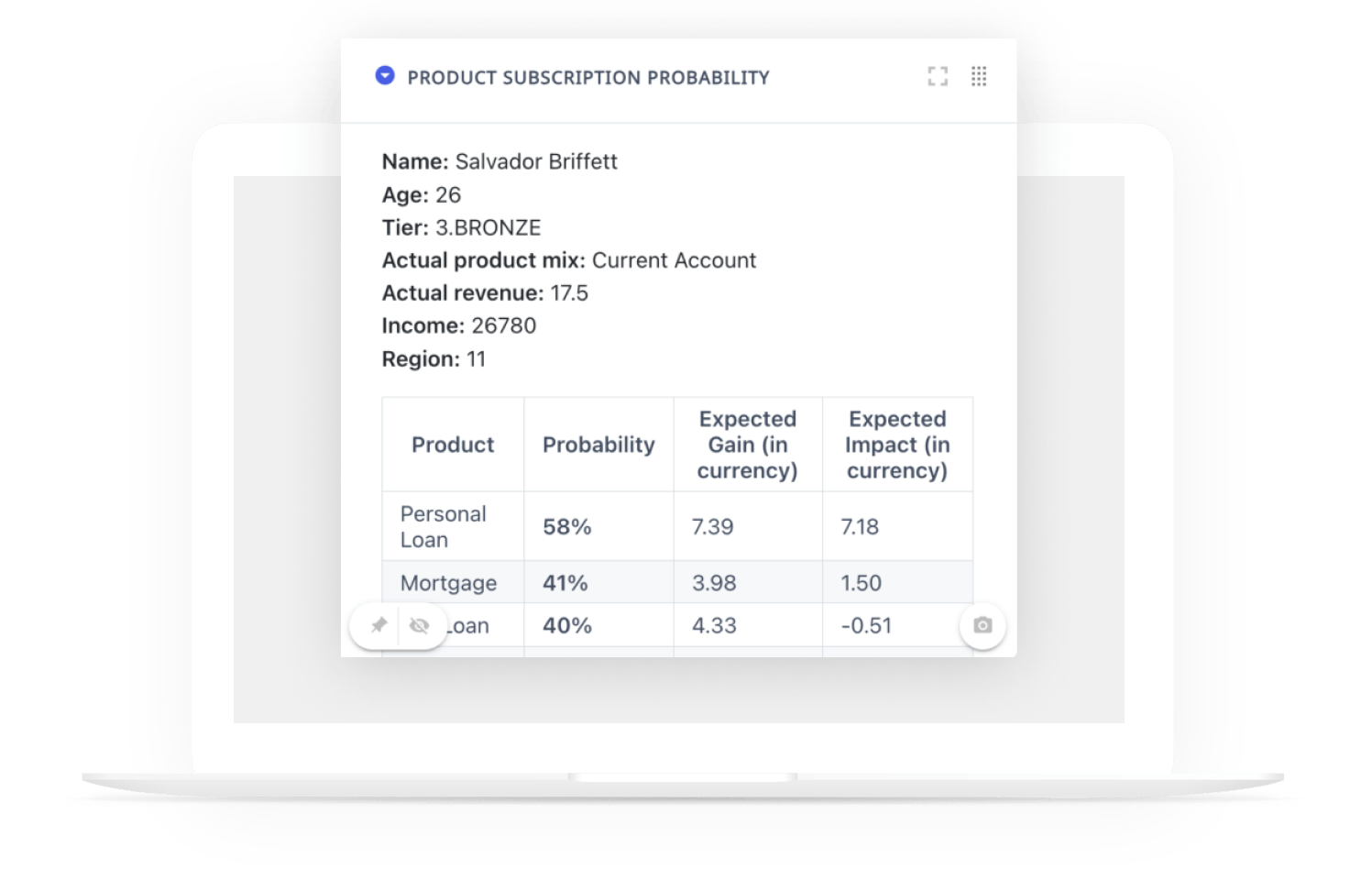Optimize Health Outreach Programs
With SDoH
The Dataiku Solution for SDoH provides life sciences organizations a dynamic health equity web application and related dashboards to discover community-level patterns of social factors associated with disease or health, measure prevalence, and plan for action.
Get Actionable Insights From U.S. Census and CDC Surveys
A reproducible, automated flow pulling data via API from the U.S. Census on social factor conditions and CDC data on chronic disease prevalence and risk behaviors turns complex information into practical insights.
These data sources form the baseline for census tract segmentation based on social factor findings that help identify common patterns of resources, therapeutics, and interventions for populations with both social and disease risk vulnerabilities.
Discover Association Patterns Between Social Factors and Disease Prevalence
Detailed analytics and machine learning insights help identify and visualize patterns in community-level social factor trends tied to chronic disease.
Go deeper with SHapley Additive exPlanations (SHAP) to find how social vulnerability features characterize variation in community disease prevalence.
Cluster communities by social factor rankings and align cluster trends across diseases to optimize social programs and outreach efforts nationally.
Explore Complex Data Patterns of SDoH
Upload new health measure prevalence at county or tract level to instantly create new analyses through the Dataiku application. Explore the U.S. and its sub-regions by disease and social vulnerability themes. Improve operational, spend, and quality performance for both precision preventative care and therapeutic access equity in value-based care programs.
Answer Key
SDoH Questions
The Dataiku Solution for SDoH helps answer a broad range of questions like:
- How are community-level social vulnerabilities tied to disease prevalence?
- Which HCPs, pharmacies, and care programs support vulnerable populations with high therapeutic needs?
- How can I discover highly vulnerable populations with potential undiagnosed disease burden?
Drive the Inclusion of SDoH in Market Access, Care, and Coverage
The Dataiku Solution for SDoH accelerates the discovery of how social drivers influence at-risk populations, allowing refined market access strategies for drug manufacturers, new coverage policies for payers, and improved facility outreach and care programs for health services. In turn, align social responsibility programs and deliver higher ROI with improved patient outcomes.
The Total Economic Impact™️
Of Dataiku
A composite organization in the commissioned study conducted by Forrester Consulting on behalf of Dataiku saw the following benefits:
reduction in time spent on data analysis, extraction, and preparation.
reduction in time spent on model lifecycle activities (training, deployment, and monitoring).
return on investment
net present value over three years.





